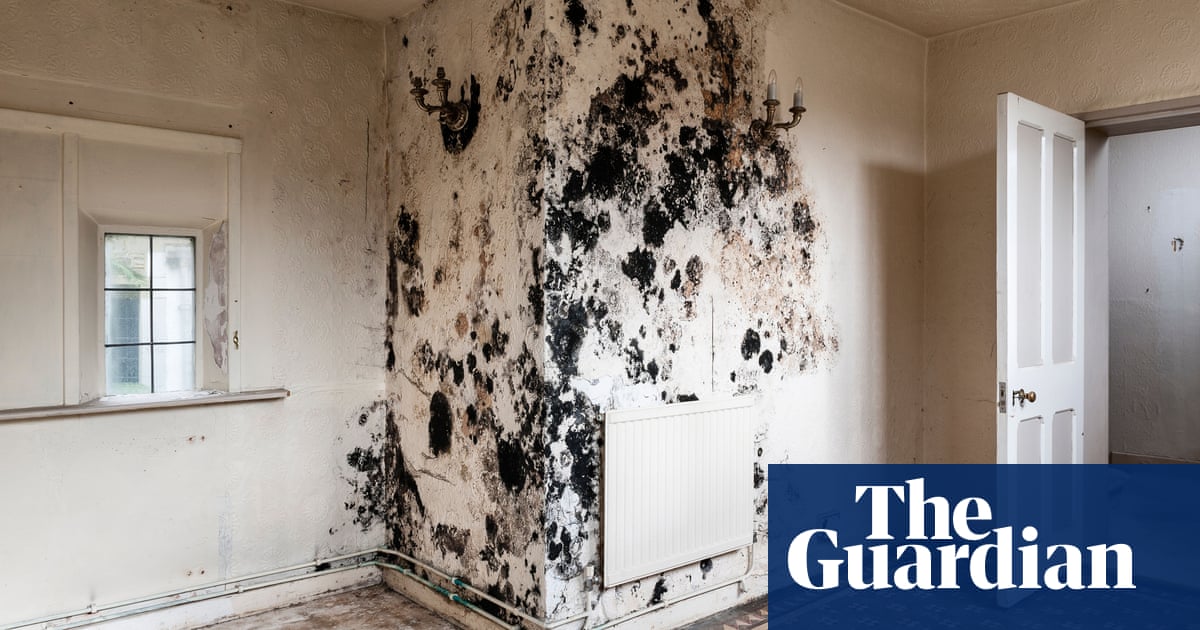
Tourists heading to holiday homes in the south-west of England are being urged to check before they travel if their rental will worsen the area’s affordable housing crisis.
The call for “ethical consideration” of the potential negative impact of short-term lets comes as figures showed 3,000 new holiday and second homes were registered in the south-west during the pandemic while homes listed for normal letting halved and rents jumped.
The housing campaign group Generation Rent also found that in Wales, over the same period, the number of second homes and commercial holiday lets increased from 31,779 to 33,474, with the average weekly rent rising from £155 to £181, based on analysis of figures from Zoopla.
As thousands of families prepare to descend on coastal hotspots for half-term, the former St Ives MP Andrew George, who now builds affordable housing, said people renting holiday lets should consider challenging landlords over the impact.
In parishes around Padstow on the north coast, as many as one in four properties are second homes, according to Cornwall council, which has about 22,000 households on its social and affordable housing waiting list.
In March, graffiti appeared in St Agnes, Cornwall, which read: “No more investment properties. Second homeowners give something back. Rent or sell your empty houses to local people at a fair price.”
Gwynedd in Wales, which includes most of Snowdonia national park, is a hotspot for holiday lets and, according to research by the estate agency Hamptons, 16% of sales in the year to May 2022 were second homes.
George, the chief executive of the Cornwall Community Land Trust, which builds affordable housing, said the people were not at the point of “superglueing the locks or burning [second homes] down” but “anger is directed at the legislature that allows this to happen”.
He is calling for a new planning class for second homes that would allow town halls to cap their numbers. Asked what holidaymakers should do if they are renting, he said: “They should ask [the landlord] before they come: ‘can you assure me this accommodation is not having a negative impact on housing need?’”
He added that if they found, while on holiday, thattheir rental was causing problems they should complain at being “mis-sold”. If holiday renters “find the housing needs of people in the area are being overlooked they could write to the owner of the property and say they are never coming again”.
He said the acute shortage of affordable homes means low-income renters too often have to endure damp, cramped and energy-inefficient homes from private landlords who enjoy an imbalance of power.
The incentive to offer properties as short-term lets is huge. A small two-bedroom house in St Ives was this week offered for more than £3,000 for half-term on Airbnb, while a four-bedroom house on Vrbo cost £668 a night.
Merryn Voysey, 33, moved from Cornwall to Portugal in part to escape the stress of the housing crisis, he told the Guardian. While working as a gardener he had to live in his van for 18 months. Average weekly private rents in the south-west rose from £206 to £238 from February 2020 to July 2021.
“One of the reasons I am here [in Portugal] is that the housing crisis is not right in front of me and I am not driving around feeling like a victim,” he said. “I am feeling the benefits. My peace of mind and wellbeing has improved.”
Generation Rent is calling for government action to bring properties back into the residential market, including scrapping mortgage tax relief for holiday lets, plus powers for councils to license and cap holiday lets.
“We have heard countless stories of people being evicted so their landlord could start renting to tourists,” said Dan Wilson Craw, the campaign’s deputy director. “Taking homes out of the residential market prices out people who want to settle down in the place they grew up. That destroys communities and starves local businesses of workers.”
Earlier this month, the government announced a new bill that will allow councils to apply a discretionary council tax premium of up to 100% on second homes, as defined by “periodically occupied”.
Paula Higgins, the chief executive of the Home Owners Alliance, predicted some second homeowners would pass on the cost to holiday renters, but said: “It might put people off purchasing extra homes because it’s an extra cost. That combined with the increasing stamp duty on second homes, I think it could have an effect.”
Council tax on a band E home in Cornwall is £2,577, so a doubling would push the annual bill above £5,000.
A group of Cornish tourist bodies this month began consulting on a compulsory registration system for holiday lets. The Welsh government has said it will increase the council tax premium that councils can charge on second homes and long-term empty properties to 300% from April 2023.












